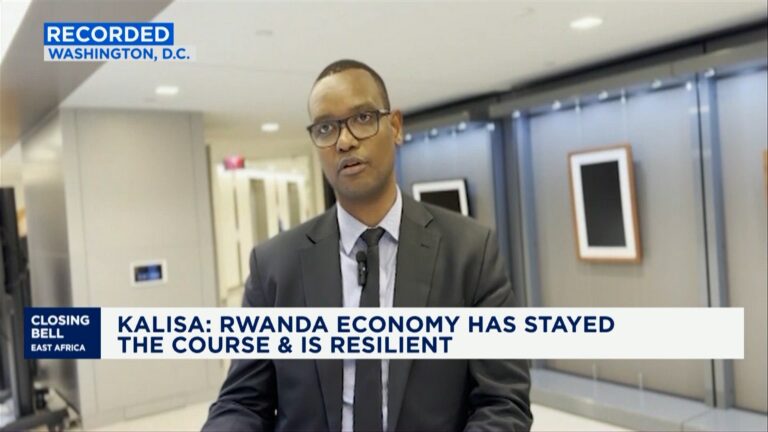In the ever-volatile landscape of global trade, Rwanda stands as a beacon of economic stability. Despite ongoing uncertainties, Rwanda’s economy is projected to grow to an impressive 7.6% by 2026, according to the latest forecast by the International Monetary Fund (IMF). This optimistic outlook signifies Rwanda’s resilience against global upheavals, primarily driven by trade conflicts and tariff changes.
The recent IMF projections mark a slight upward revision from earlier, more pessimistic forecasts in April. The adjustment stems from the easing of international trade tensions, most notably the US-imposed tariffs that were initially set high against major economic players like China and Europe. These tariffs have since been reduced thanks to diplomatic negotiations, providing a modest boost to global economic expectations. Even with these adjusted figures, the IMF notes that the global growth rate is expected to remain relatively unchanged from the previous year’s figures, hovering around 3.1%.
Rwanda, however, sits in a relatively unique position when it comes to the impacts of these global trade dynamics. Unlike giants such as China and European nations heavily reliant on US trade relationships, Rwanda’s direct trade engagement with the US is minimal. Instead, Rwanda maintains stronger economic ties within its region and with Asian markets. This strategic positioning insulates Rwanda somewhat from the direct impacts of US-Chinese or US-European tariff disputes. It allows the East African nation to remain largely unaffected by the imposition of tariffs or their subsequent reductions.
The indirect impacts of global trade tensions could still present challenges for Rwanda. Changes to global supply chains or fluctuations in commodities affected by these global tariffs could eventually intertwine with Rwanda’s economic fabric. However, policymakers remain confident, stating that for the moment, there is no significant impact observed on the nation’s economy.
Rwanda’s approach to economic policy and trade reflects a meticulous strategy of regional and global alignment, ensuring sustained economic health amidst external pressures. The nation’s leadership highlights a persistent effort to monitor the global trade environment, ready to adapt as necessary to safeguard Rwanda’s economic interests.
As many economies grapple with the reverberations of global trade realignments, Rwanda emerges as a rare narrative of stability and growth. The IMF’s positive outlook underscores not just the potential for substantial economic growth but also a validation of Rwanda’s cautious yet dynamic economic planning amidst a global backdrop of uncertainty.
Images are for reference only.Images and contents gathered automatic from google or 3rd party sources.All rights on the images and contents are with their legal original owners.
